
Prepare yourself for the best-smelling bread you’ve ever baked! Pumpkin Raisin Banana Bread is seriously scrumptious. It combines all the best flavors—pumpkin, cinnamon, banana and more! There’s something about the crumbly, soft texture of bread that makes everyone happy. Top it with your favorite spread or enjoy it plain! This bread clocks in at under 300 calories and under 2.8 grams of fat per serving, so add it to your list of favorites right away!
F
D
Vg
Pumpkin Raisin Banana Bread

D
Apple Cider Vinegar Marinade

Vg
Buffalo Party Dip
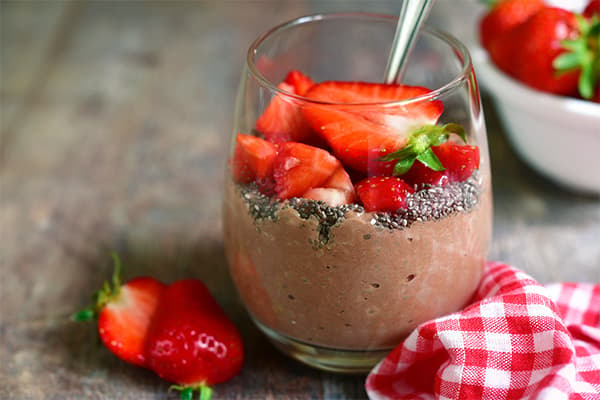
D
Vg
Chocolate Covered Strawberry Chia Seed Pudding

G
C
F
D
O
Vg
Refreshing Sports Recovery Drink
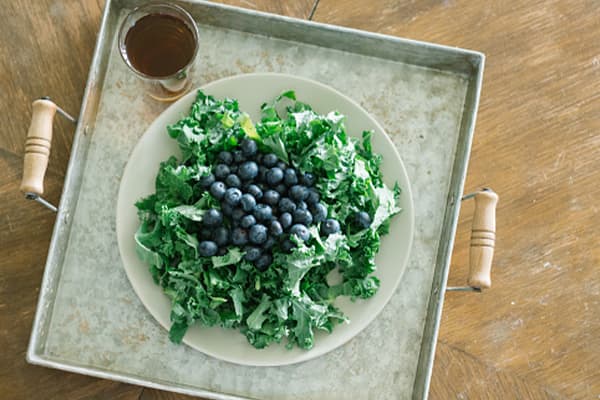
G
S
D
O
Vg
Superfood Kale & Blueberry Salad

G
D
O
Vg
Cilantro Lime Grilled Corn
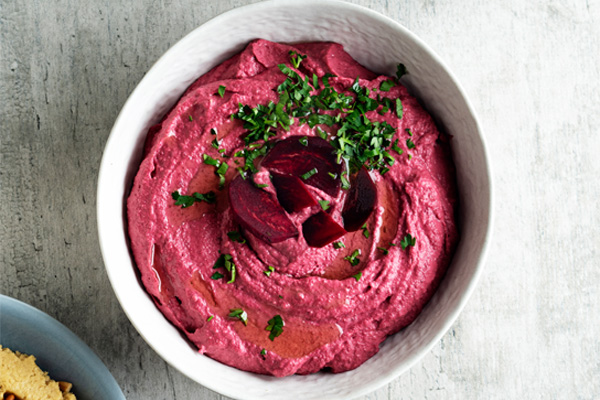
G
Vg
Homemade Beet Juice Powder Hummus
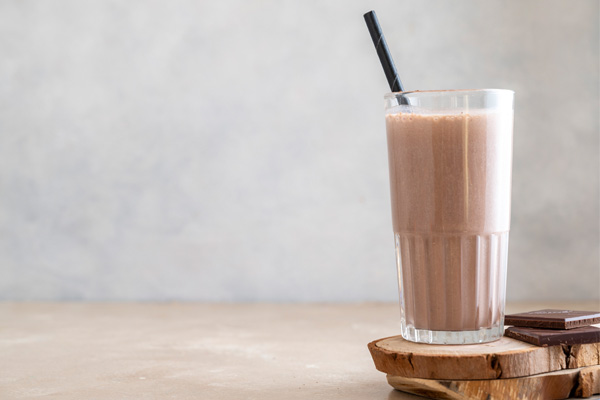
G
Vg
Frosty Chocolate Protein Shake
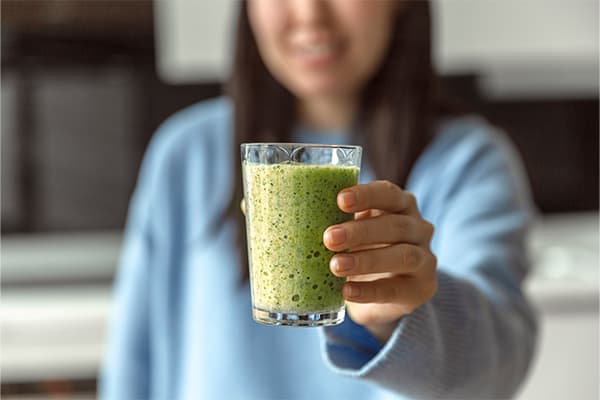
S
D
Ve
Vg
Gut Health Glow Smoothie
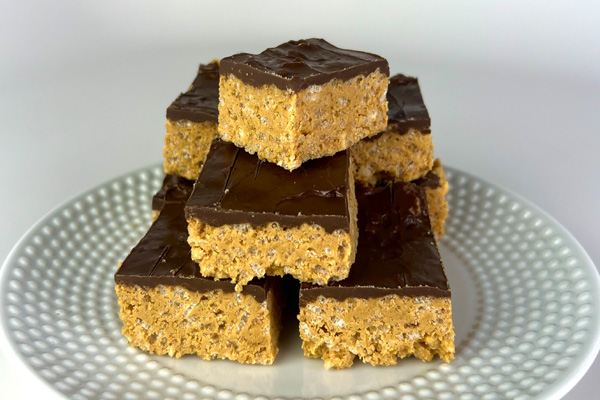
Vg
Protein-Packed Scotcheroos
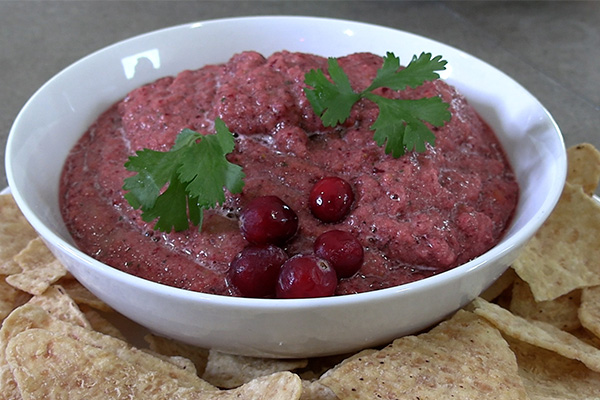
G
D
Ve
Vg
Fresh Cranberry Salsa Recipe
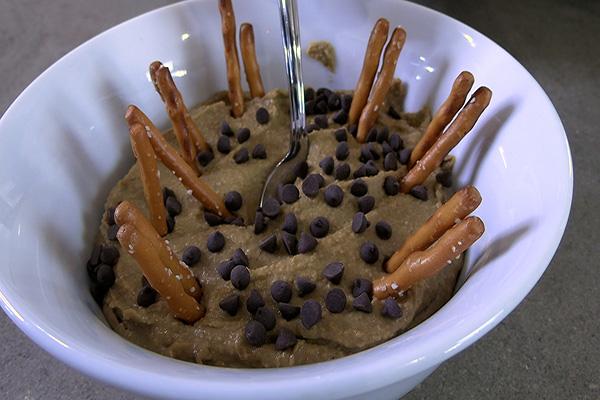
G
D
Ve
Vg
Quick and Easy Pumpkin Pie Cookie Dough Hummus
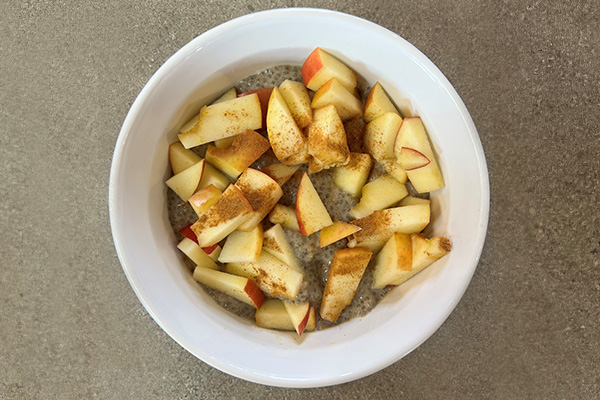
C
F
S
O
High Protein Apple Pie Chia Pudding
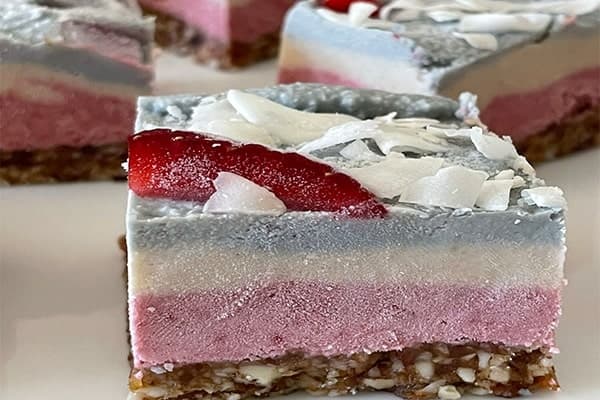
G
C
D
Ve
Vg
Fruity Frozen Cream Bars
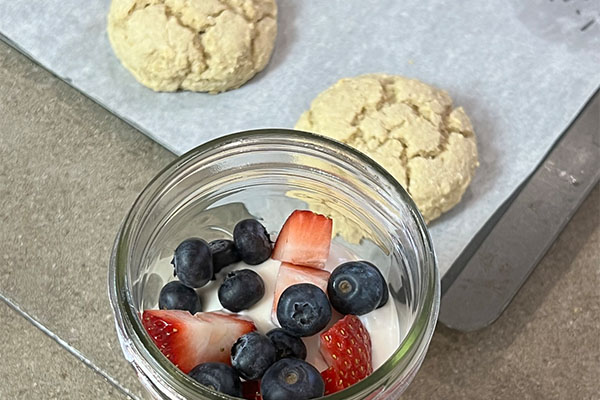
D
Ve
Vg
Berry Shortcake Jars
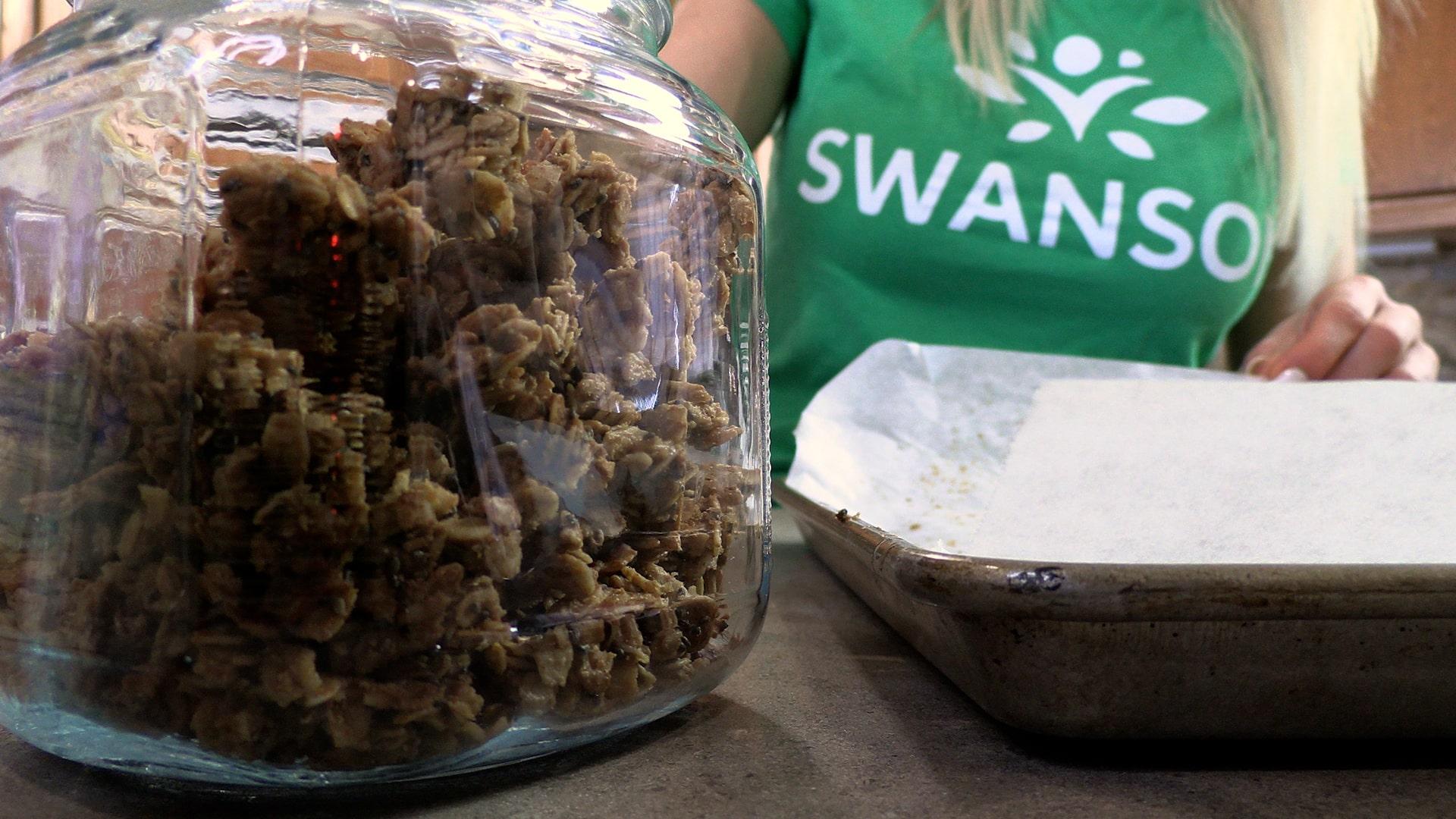
D
Vg
Healthy Homemade Granola Recipe
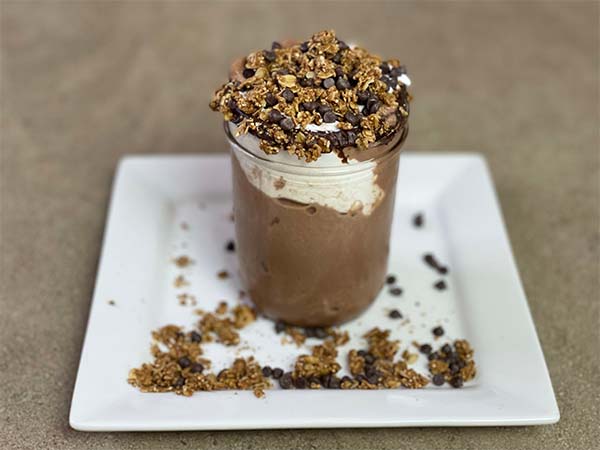
D
Healthy S'mores Smoothie Recipe
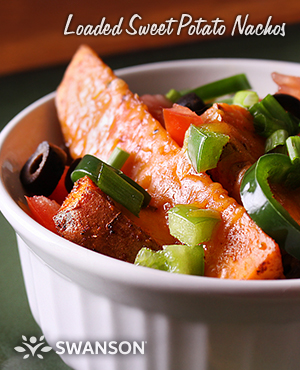
F
S
Vg
Loaded Sweet Potato Nachos

G
C
F
D
Vg
Spicy Mango Lettuce Wraps Recipe
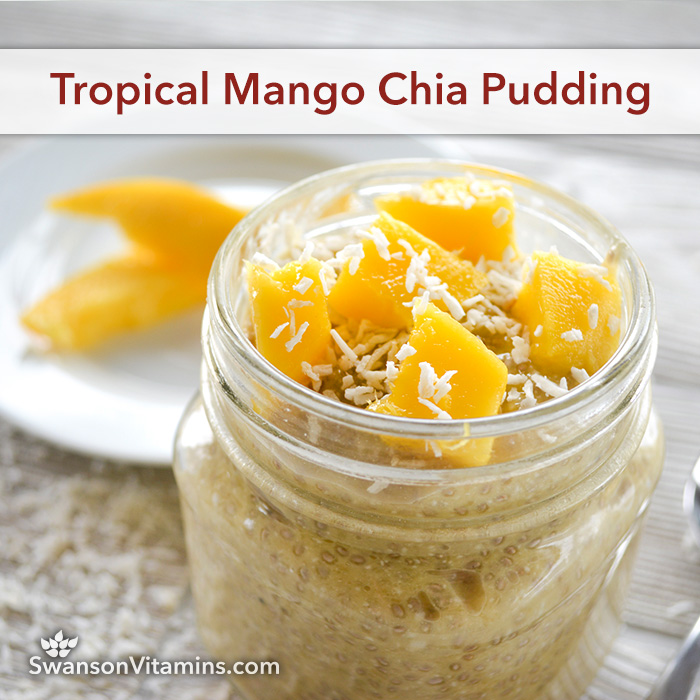
G
C
D
Vg
Tropical Mango Chia Pudding
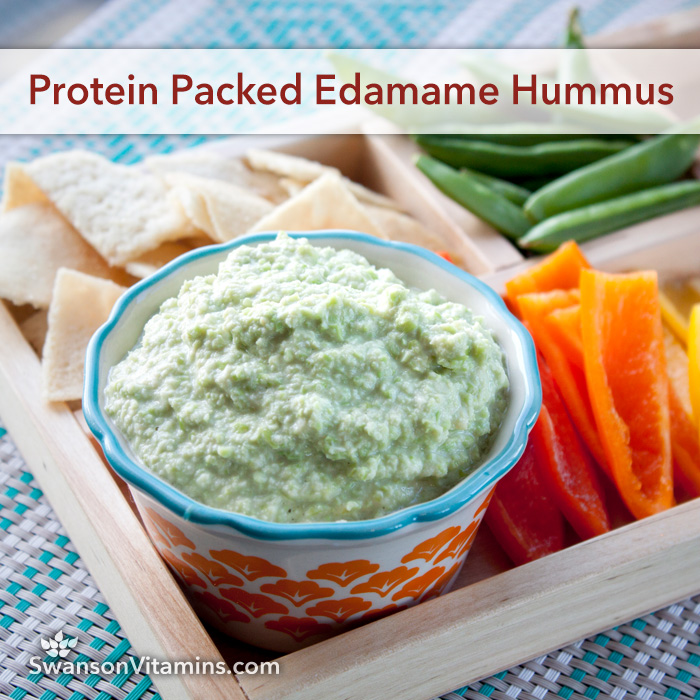
G
C
Vg
Protein Packed Edamame Hummus
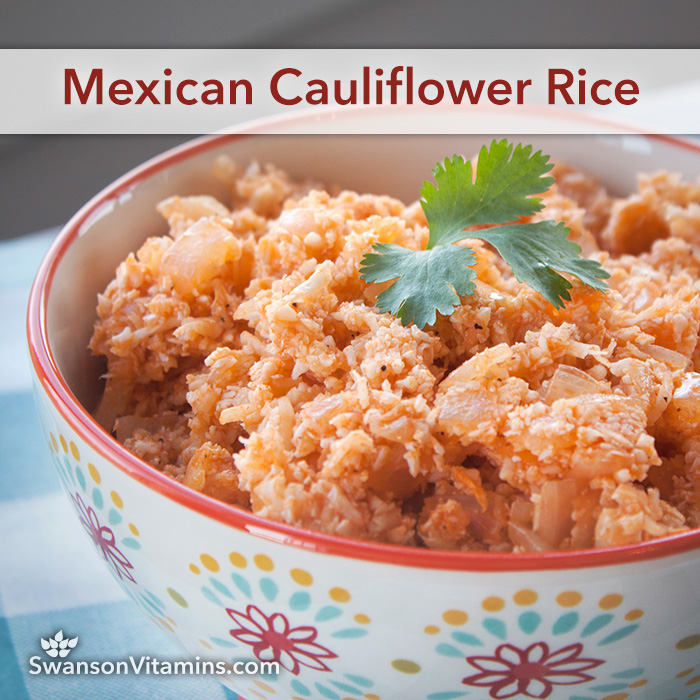
G
C
Mexican Cauliflower Rice

G
C
D
Beef Rosemary Stuffed Mushrooms
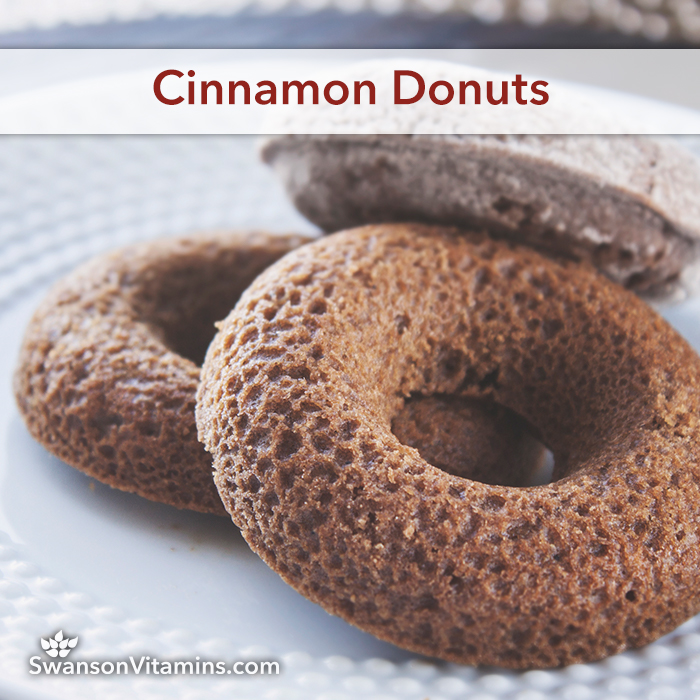
S
D
Vg
Cinnamon Donuts

G
C
F
S
D
O
Vg
Ginger Detox Tea
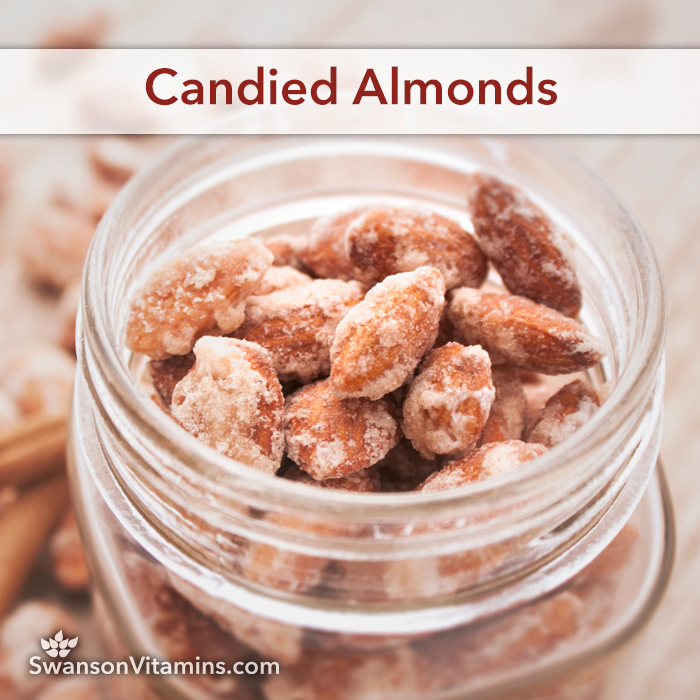
G
S
D
O
Vg
Candied Almonds

G
F
D
Spicy Paleo Chicken Chili
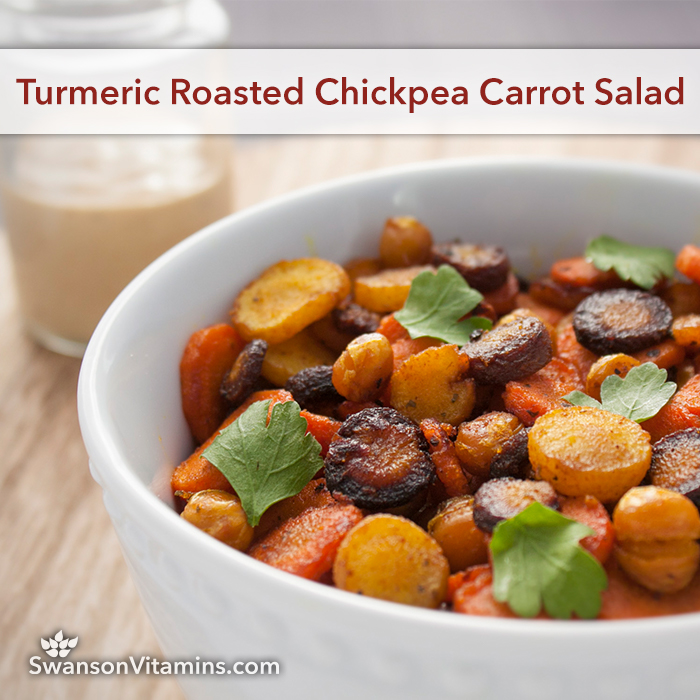
G
D
O
Vg
Turmeric Roasted Chickpea Carrot Salad
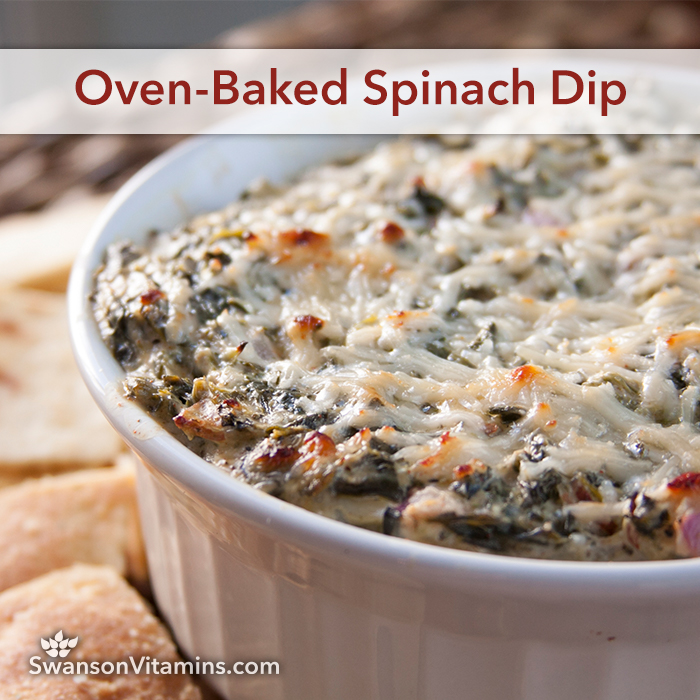
G
C
S
O
Vg
Oven-Baked Spinach Dip
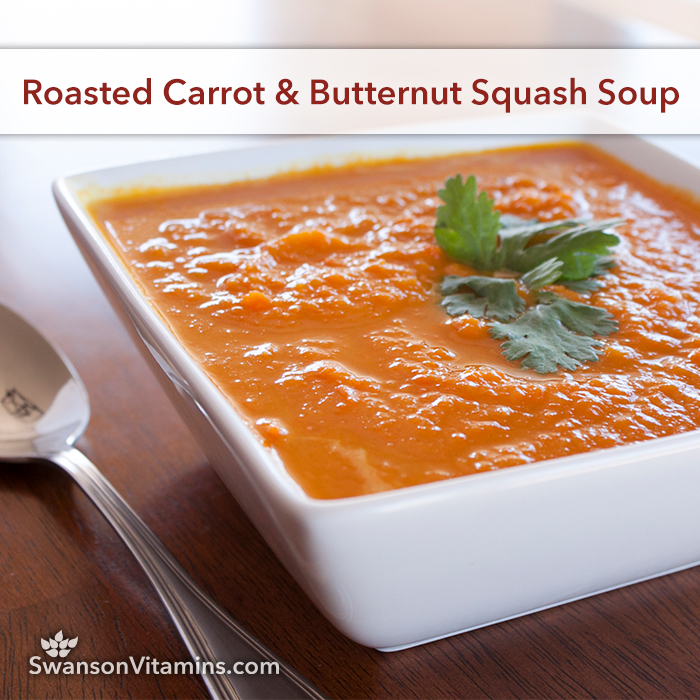
G
C
S
D
O
Vg
Roasted Carrot & Butternut Squash Soup

G
S
D
Vg
Paleo Salsa & Sweet Potato Chips

G
S
D
Vg
Chai Golden Milk Tea
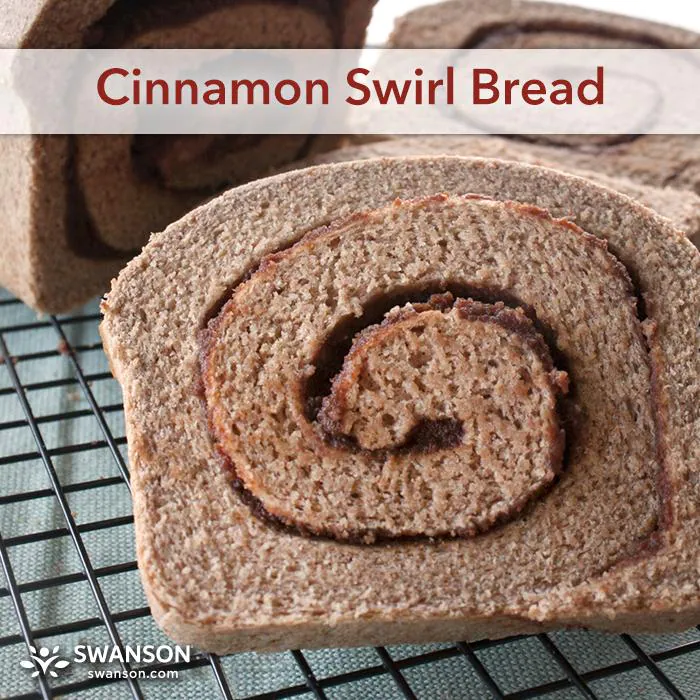
Vg
Cinnamon Swirl Bread
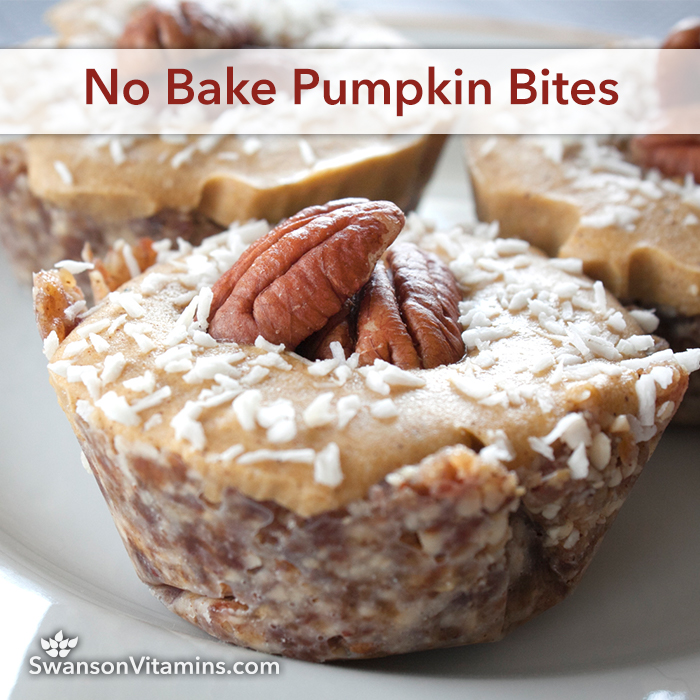
G
Vg
No Bake Pumpkin Bites

G
Vg
Vegetarian Taco Salad

G
D
Vg
Flash Fried Cauliflower with Cashew Cream Sauce

G
C
S
D
O
Vg
Stoneground Mustard Vinaigrette

G
S
D
Vg
Summer Salad with Strawberry Vinaigrette

G
D
Vg
Gluten Free Soft Pretzel Bites

G
C
F
S
D
O
Vg
Turmeric Shot
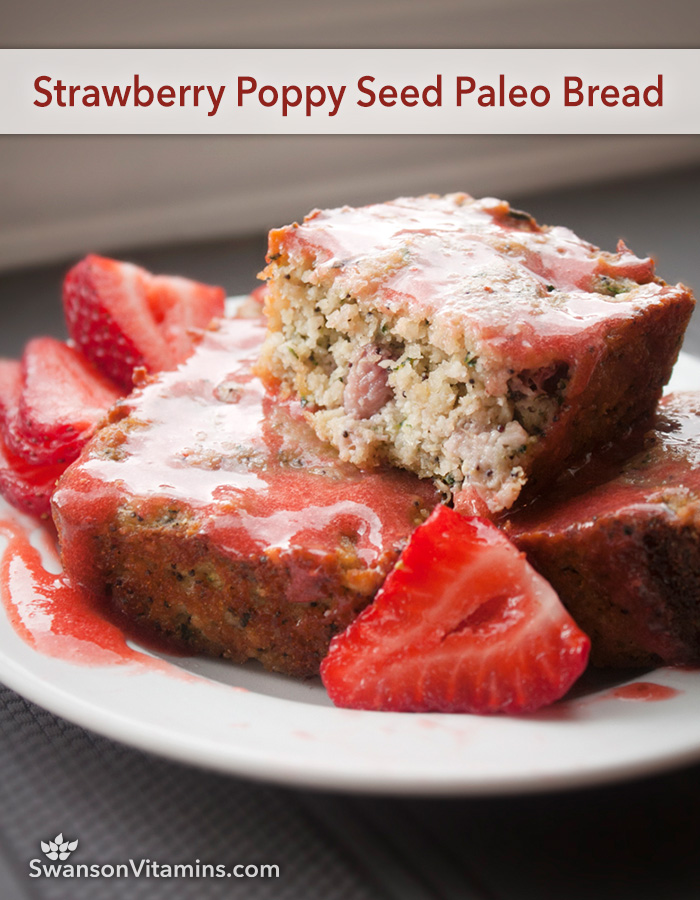
G
S
D
O
Vg
Strawberry Poppy Seed Paleo Bread
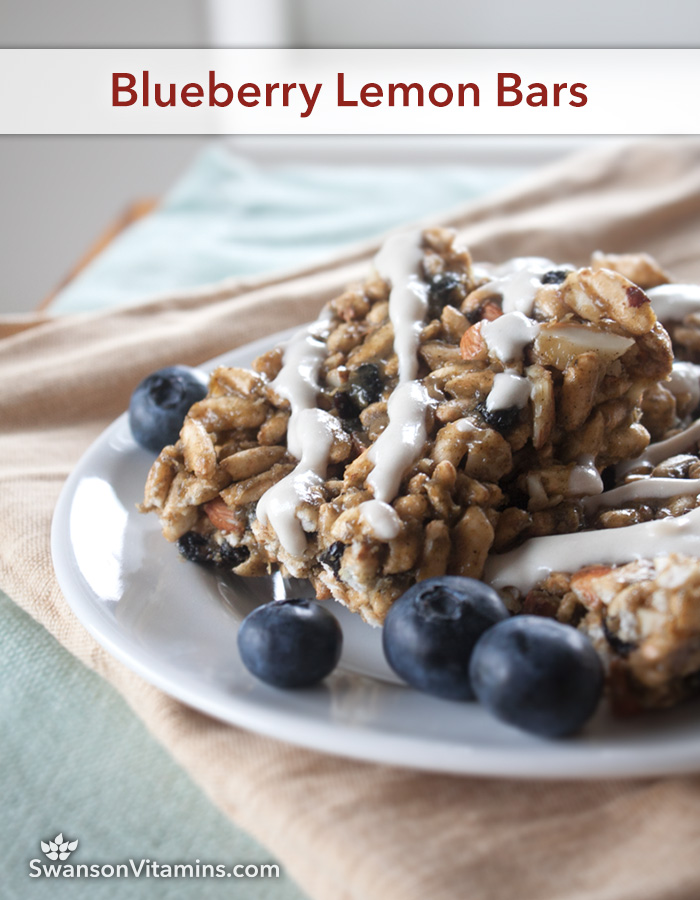
S
D
Ve
Vg
Blueberry Lemon Bars
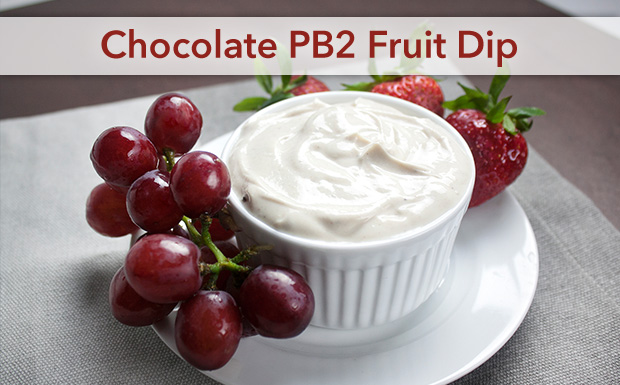
Chocolate PB2 Fruit Dip

C
F
S
Vg
French Onion Dip
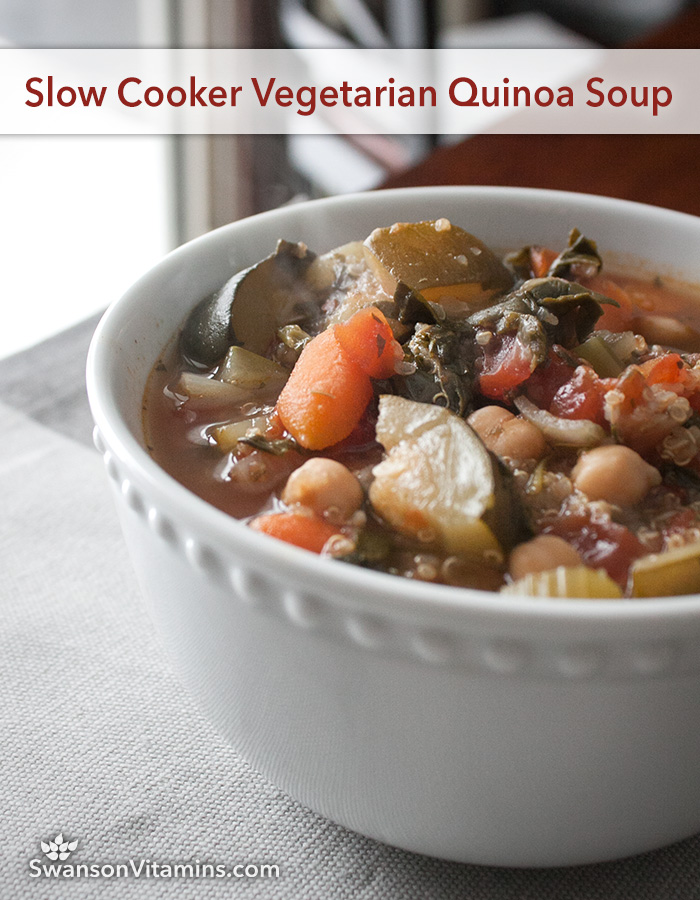
G
D
O
Ve
Vg
Slow Cooker Vegetarian Quinoa Soup

D
Glazed Chicken Wings
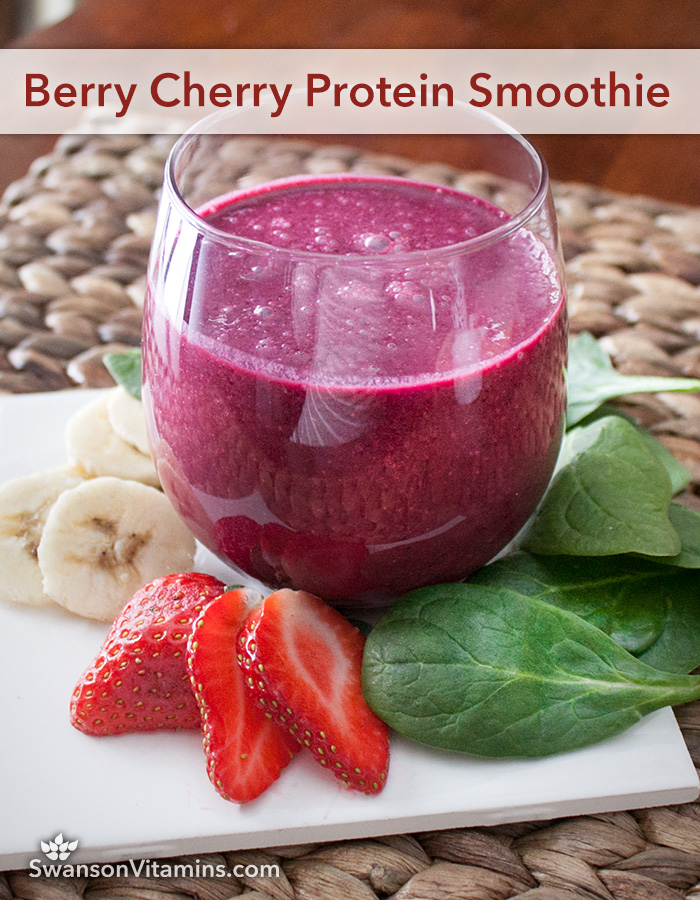
D
O
Vg
Berry Cherry Protein Smoothie

G
Vg
Cashew Curry Pasta

C
Ve
Vg
Italian Herb Mashed Cauliflower
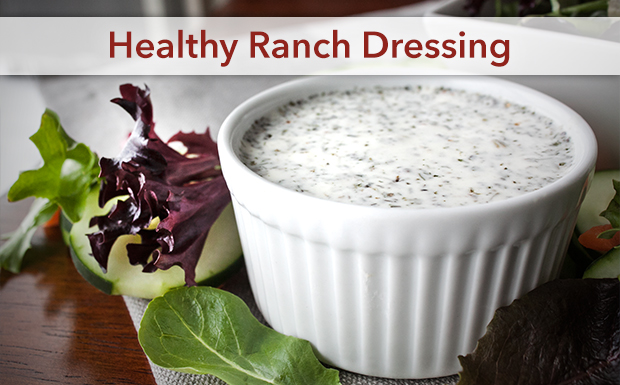
Vg
Healthy Ranch Dressing
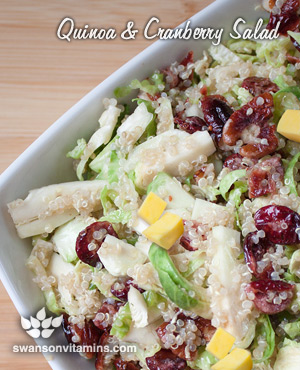
Ve
Vg
Quinoa and Cranberry Salad

Vg
Parmesan and Pepper Jack Chia Crackers

Baked Sweet & Sour Chicken Skewers

D
Ve
Vg
Gingerbread Latte
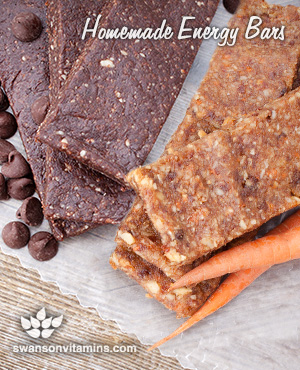
Ve
Vg
Homemade Energy Bars
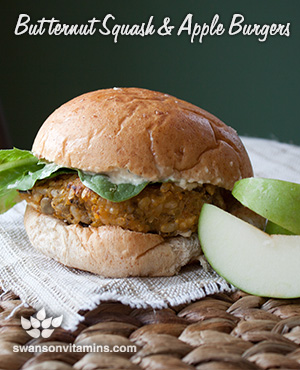
Vg
Butternut Squash & Apple Burgers

Vg
Rustic Zucchini and Corn Side Dish

Vg
Tasty Rosemary Aioli

Homemade Chicken Stock

Tasty Turkey Pot Stickers

Vg
Homemade Mayo
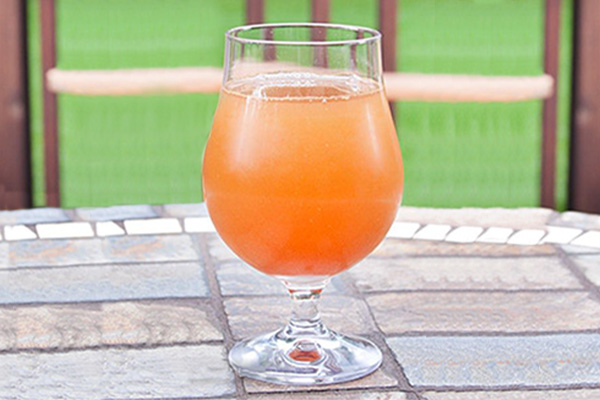
Ve
Vg
Apple Ginger Drink
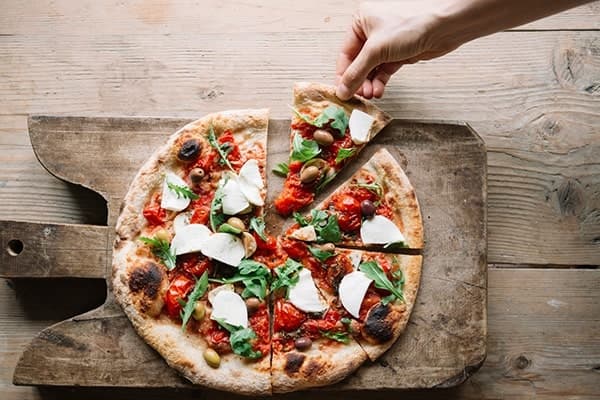
G
Vg
Gluten Free Pizza Crust

Ve
Vg
Fudgy Double Chocolate Cookies
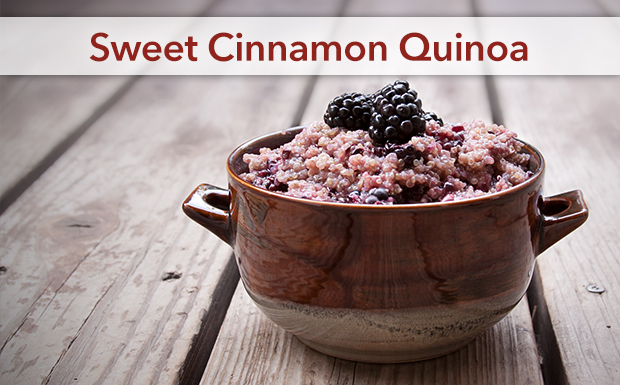
Ve
Vg
Sweet Cinnamon Quinoa
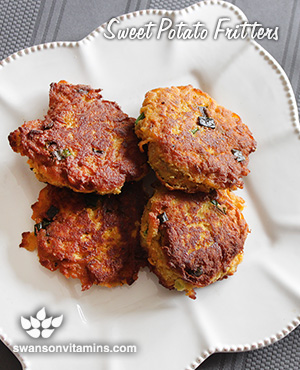
Vg
Sweet Potato Fritters
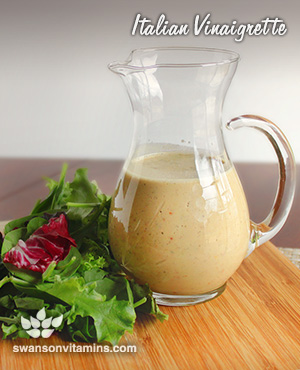
Ve
Vg
Italian Vinaigrette
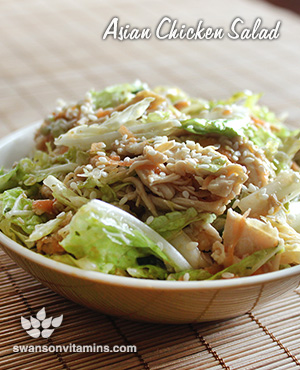
Asian Chicken Salad
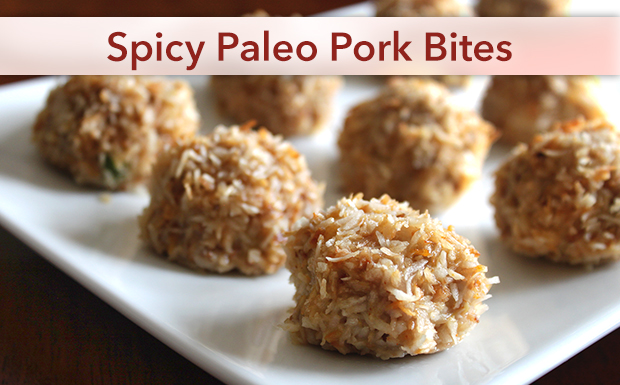
Spicy Paleo Pork Bites
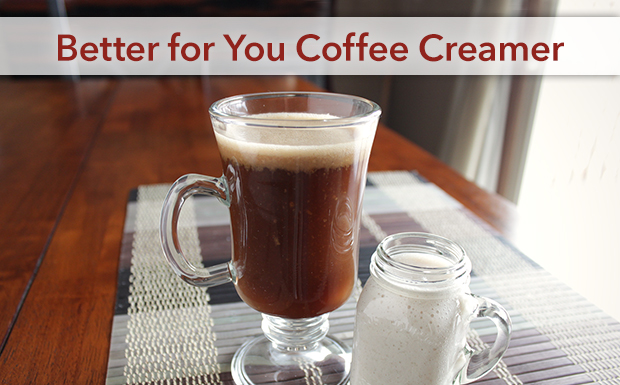
C
S
D
Vg
Better for You Coffee Creamer
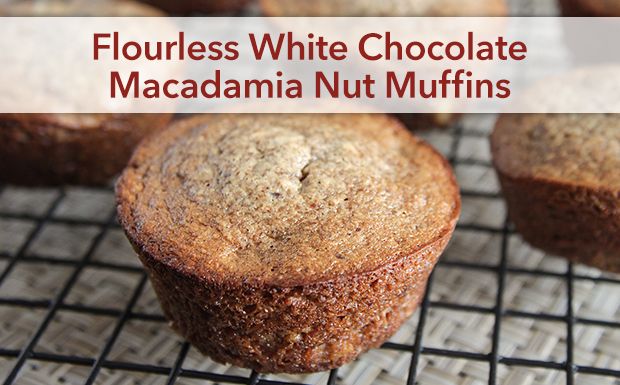
Ve
Vg
Flourless White Chocolate Macadamia Nut Muffins

C
F
S
D
Ve
Vg
Protein Packed Lentil Sloppy Joes
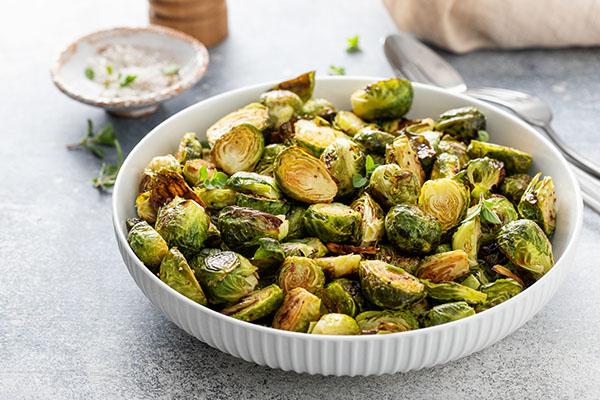
C
F
S
D
O
Vg
Crispy Honey Brussels Sprouts

C
F
Vg
Easy Tzatziki

C
F
S
D
Vegetable Beef Barley Soup
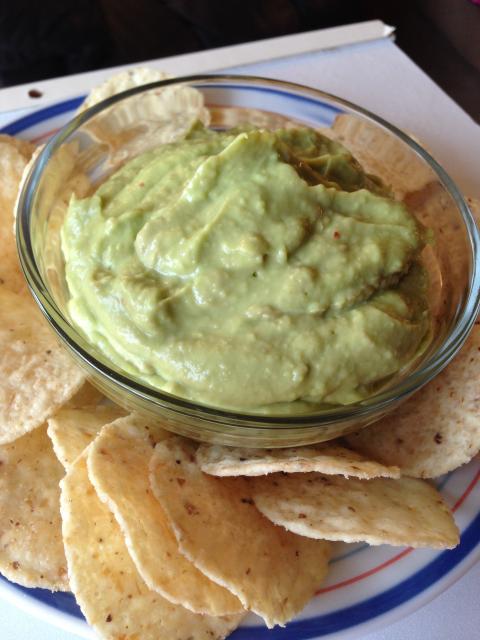
D
O
Ve
Garlic Avocado Dip

C
F
S
D
O
Ve
Vg
Chickpea, Spelt and Tomato Soup

C
F
Parmesan Crusted Chicken Cordon Bleu

C
F
S
Vg
Vanilla Coconut Pumpkin Pie
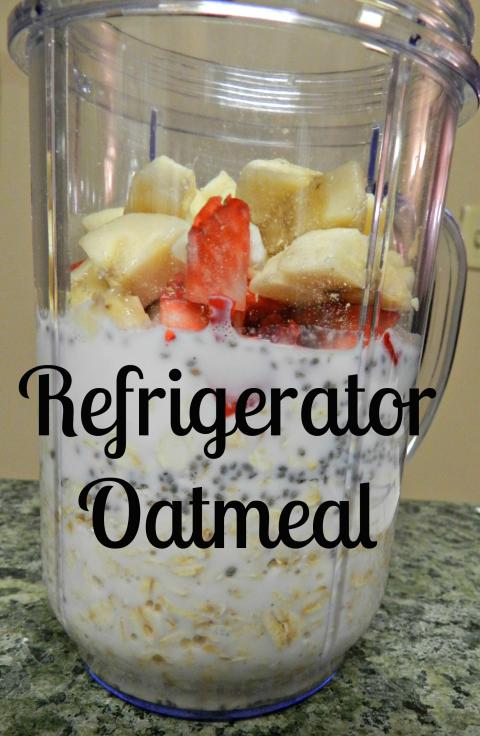
O
Vg
Overnight Refrigerator Oatmeal

F
S
Vg
High Fiber Pumpkin Bars

G
C
F
S
Vg
Cauliflower Buffalo Dip

F
D
Ve
Vg
Baked Sweet Potato Tots
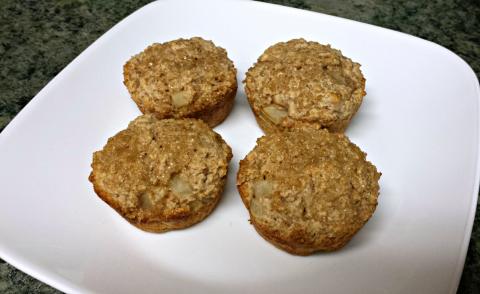
O
Vg
Whole Wheat Pear Muffins

S
Vg
Pumpkin Spice Cupcakes with Cinnamon Cream Cheese Frosting

C
F
Vg
Baked Southwest Egg Rolls
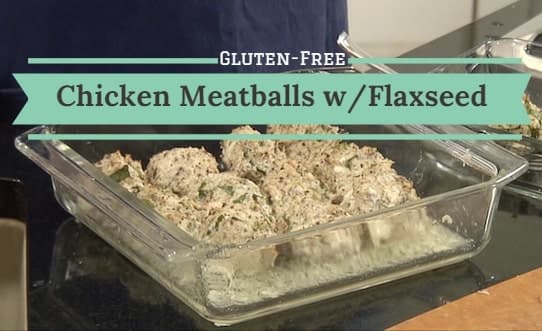
G
F
S
D
Gluten-Free Chicken Meatballs w/Flaxseed

F
S
Vg
Strawberry Cinnamon Rolls
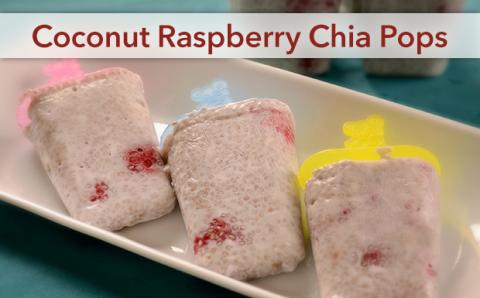
C
F
S
D
O
Ve
Vg
Coconut Raspberry Chia Pops
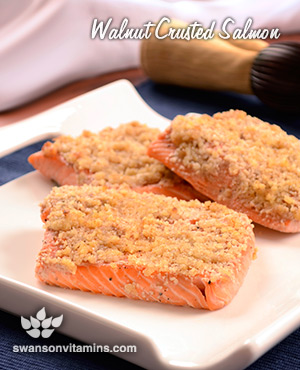
G
C
D
Walnut Crusted Salmon
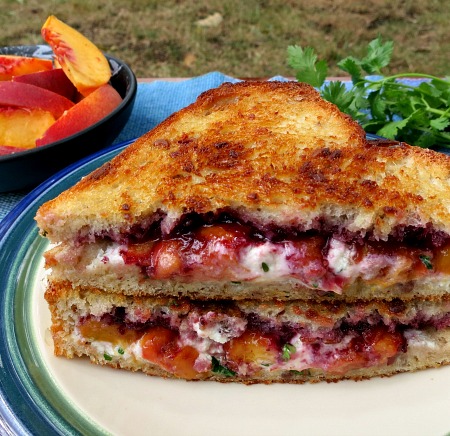
S
Vg
Blackberry Peach Grilled Goat Cheese Sandwich

F
O
Vg
Perfect Potato Salad
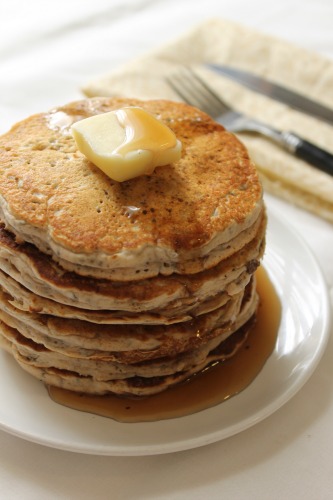
D
Ve
Vg
Whole Wheat Vegan Chia Seed Pancakes
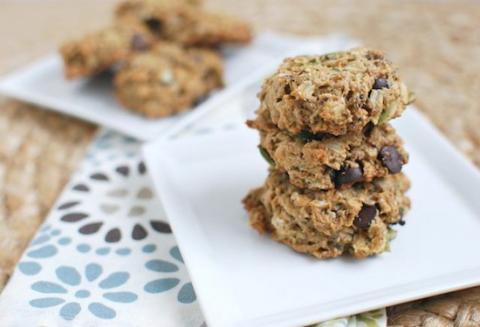
S
Vg
Healthy Peanut Butter Oatmeal Cookies
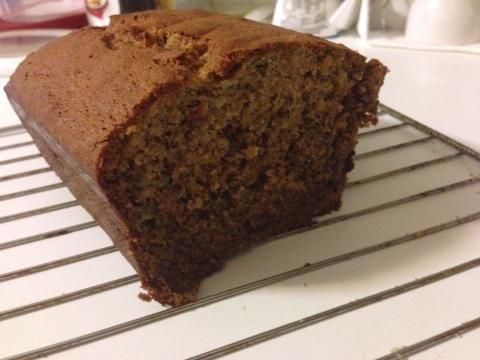
S
Vg
Tru-Nut Banana Nut Bread
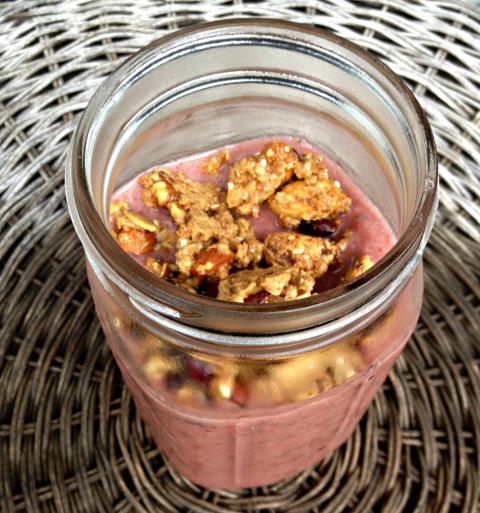
F
D
Ve
Vg
Strawberry Vanilla Pea Protein with Granola
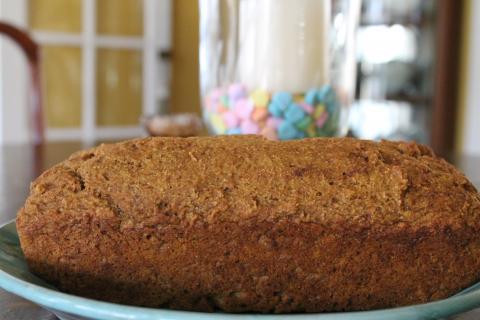
F
D
Ve
Vg
Vegan Pumpkin Bread
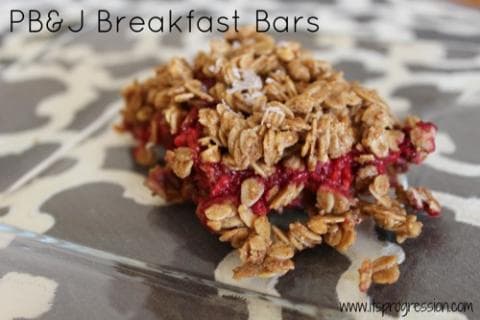
G
D
Ve
Vg
PB & J Breakfast Bars
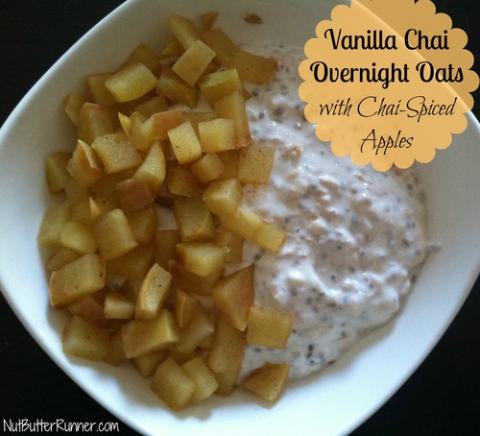
G
S
O
Vg
Vanilla Chai Overnight Oats with Chai Spiced Apples
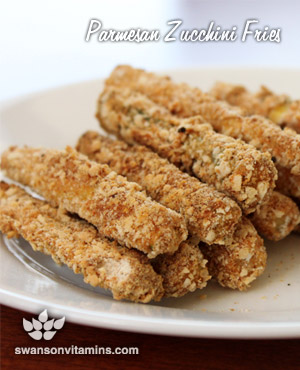
C
F
S
O
Vg
Parmesan Zucchini Fries
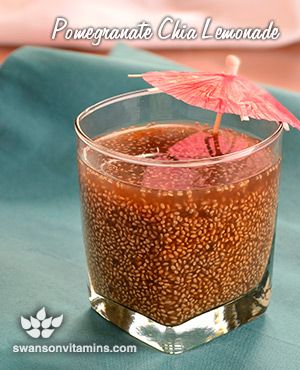
G
C
F
S
D
O
Ve
Vg
Pomegranate Chia Lemonade
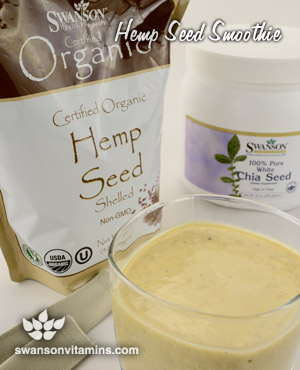
C
F
S
D
O
Ve
Vg
Hemp Seed Smoothie
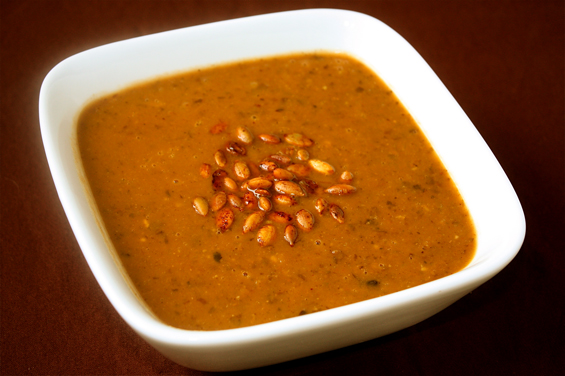
G
C
F
S
O
Black Bean Pumpkin Soup

G
C
F
S
D
O
Ve
Vg
Cauliflower Poppers
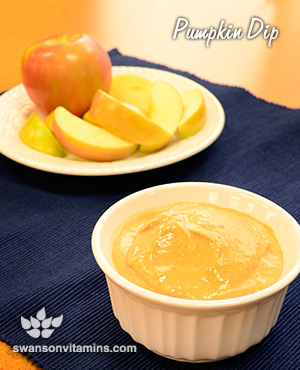
Vg
Fast and Festive Pumpkin Dip

S
Vg
Bok Choy Veggie Pizza

C
S
Vg
Petite Quiches
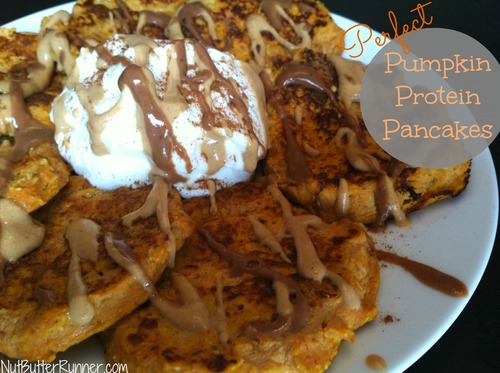
G
C
F
S
Vg
Perfect Pumpkin Protein Pancakes
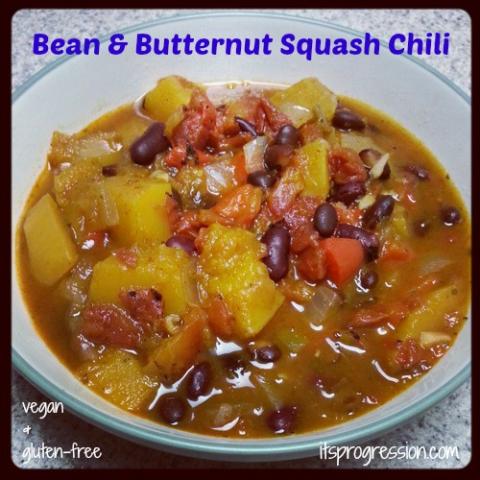
G
D
Ve
Vg
Bean and Butternut Squash Slow-Cooker Chili
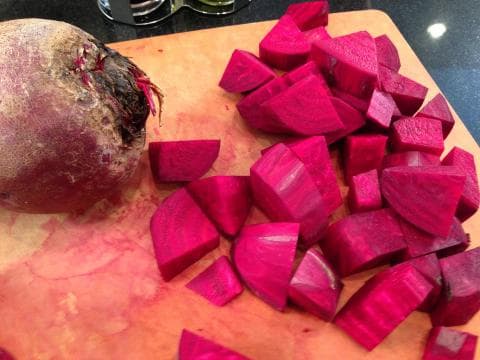
G
D
O
Ve
Vg
Dr. Bob's Baked Beets
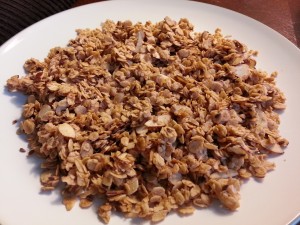
G
D
Ve
Vg
Coconut Almond Granola

G
C
F
S
O
Vg
Red Pepper Cheese Dip
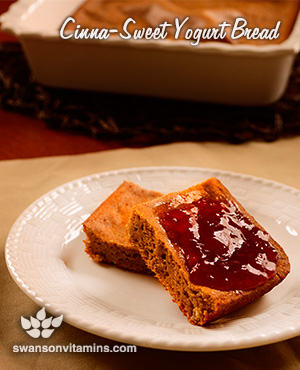
F
S
O
Vg
Cinna-Sweet Cinnamon Yogurt Bread

G
C
F
S
D
O
Vg
Glazed Carrots

C
F
S
O
Vg
Asian Tahini Noodles

Vg
Monterey Beer Bread
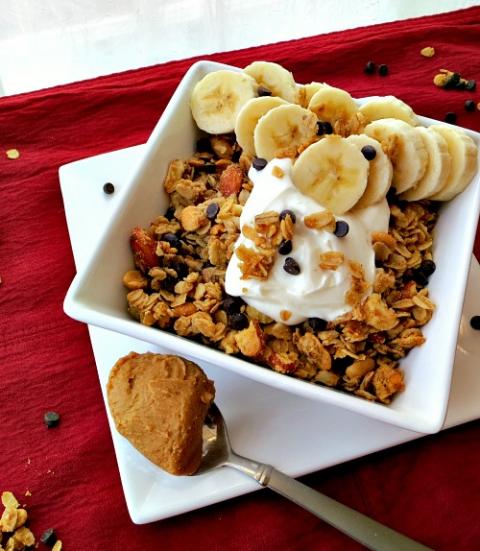
S
D
Vg
Peanut Butter Chocolate Chip Banana Granola
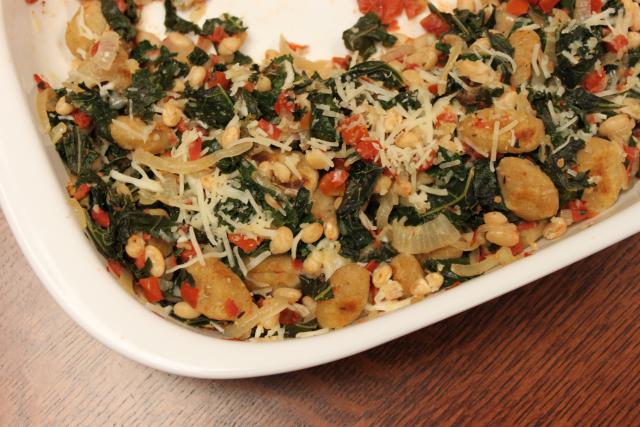
F
S
Vg
20-Minute Single-Skillet Gnocchi
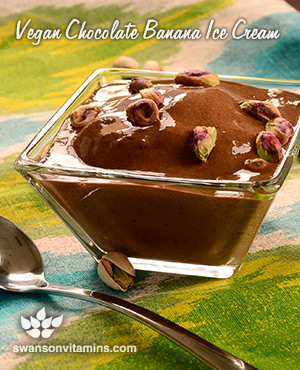
G
C
F
S
O
Ve
Vg
Vegan Chocolate Banana Ice Cream
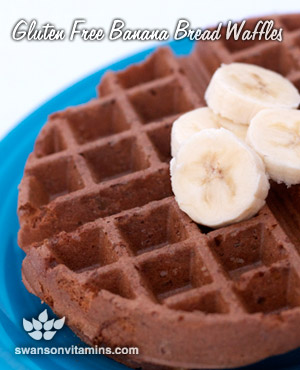
G
C
F
S
O
Vg
Gluten Free Banana Bread Waffles

Vg
Veggie Risotto
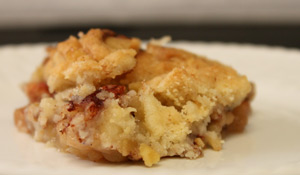
G
F
S
O
Vg
Gluten-Free Organic Apple Pie Bars

Vg
Walnut Kale Pesto
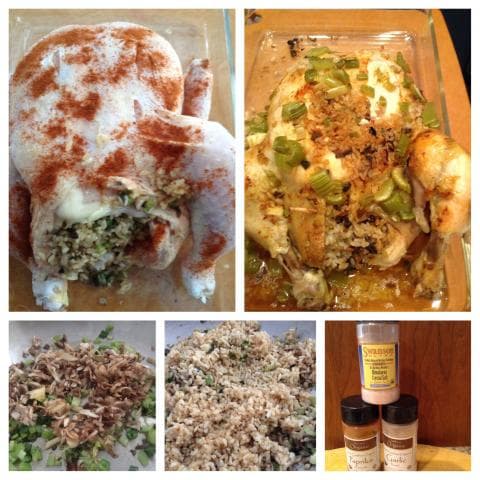
G
O
Dr. Bob's Baked Chicken

Ve
Vg
Apricot Spread
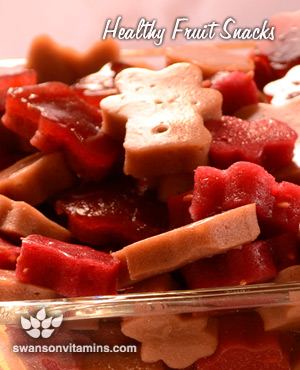
G
C
F
S
D
O
Vg
Healthy Fruit Snacks

G
C
D
O
Ve
Vg
Homemade Organic Salsa with Garden Fresh Tomatoes
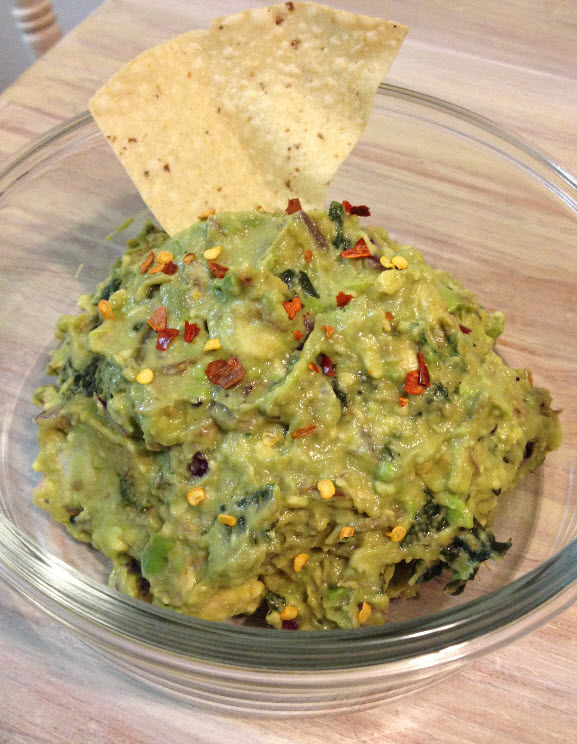
G
C
S
D
Ve
Vg
Guac-Kale-Mole
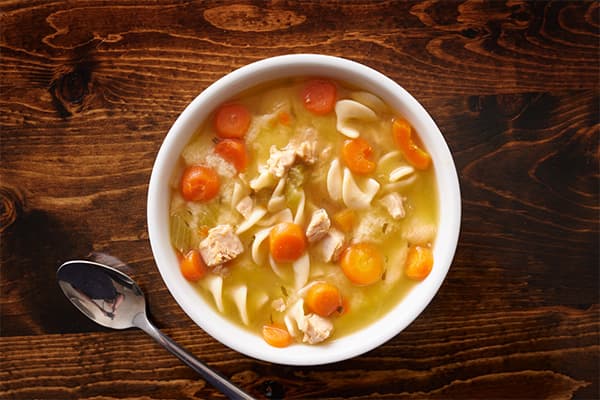
Classic Chicken Noodle Soup

Vg
Greek Pizza Bites
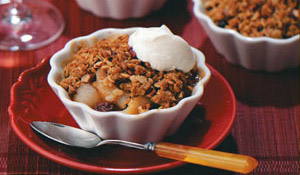
G
C
F
S
Vg
Coco-Nutty Fruit Bake
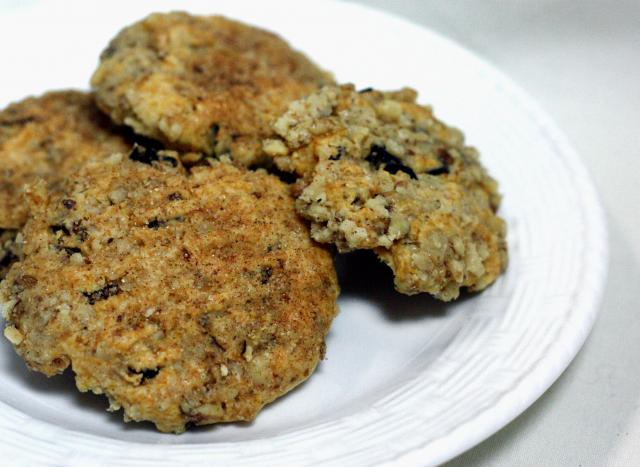
C
F
S
O
Vg
Apricot Cherry Tea Biscuits

Ve
Vg
Creamy Ginger Tea

G
C
F
S
D
O
Vegetable Medley Soup

G
C
D
O
Chai Meringues
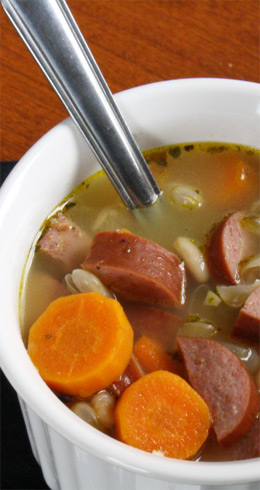
G
C
F
S
D
O
Great Northern Bean Soup
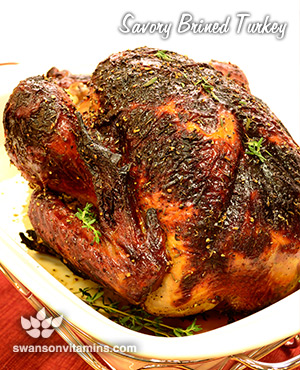
Savory Brined Turkey

G
Vg
Gluten Free Baked Mac and Cheese

Ve
Vg
Spiced Ice Tea

Ve
Vg
Pita Bread
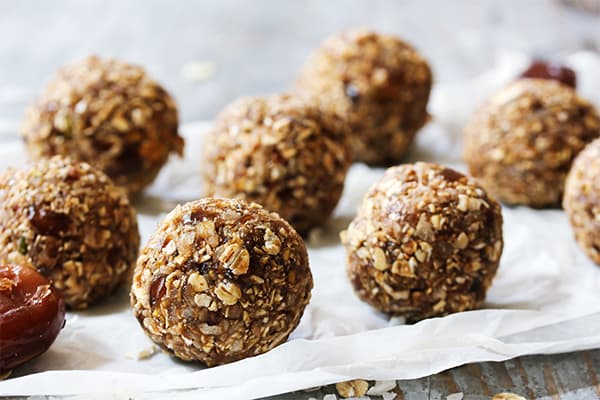
Ve
Vg
Fruit and Nut Energy Bites

Cajun Style Blackened Halibut

Ve
Vg
Artichoke and Fennel Caponata
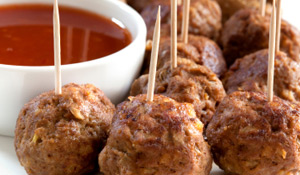
G
C
F
S
D
O
Quinoa Meatballs

Garlic Ginger Chili Shrimp

Ve
Vg
Cherry Margarita

Vg
Blueberry Scones

Ancho Pomegranate Pulled Brisket Tacos
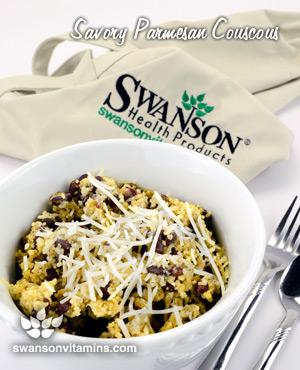
Vg
Savory Parmesan Couscous

Ve
Vg
Ginger Lentil Soup

G
C
D
O
Pumpkin Pilaf
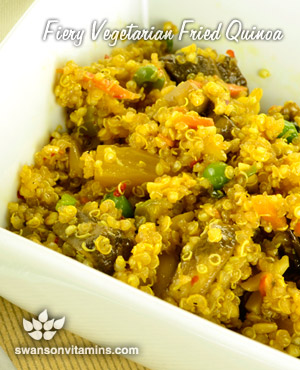
Vg
Fiery Vegetarian Fried Quinoa
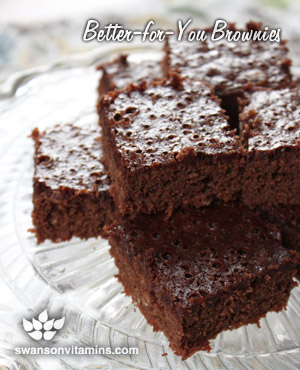
Vg
Better-for-You Brownies

G
C
F
S
D
O
Grilled Thai Chicken Skewers
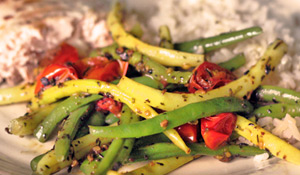
Ve
Vg
Sizzling Green Beans
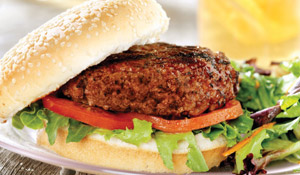
Moroccan Burgers
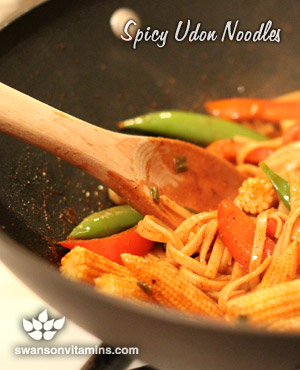
Spicy Udon Noodles
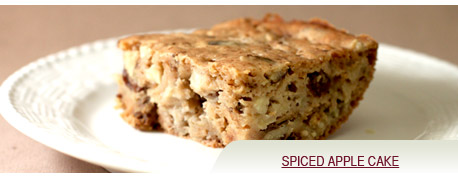
Vg
Spiced Apple Cake
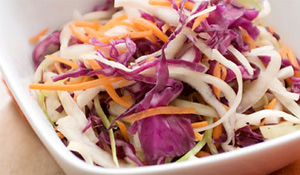
Ve
Vg
Two Cabbage Coconut Slaw

C
S
Vg
Delicious Black Bean Burgers
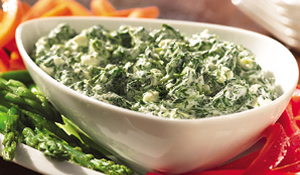
Spinach Walnut Dip
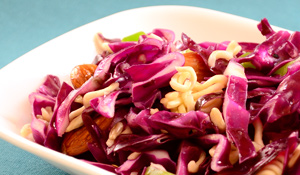
Cabbage Salad

After the Holiday Turkey Soup
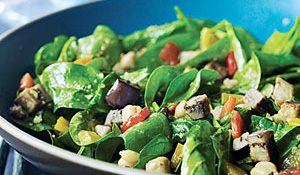
Ve
Vg
Chickpea Salad

Vg
Adam's Apple Squash
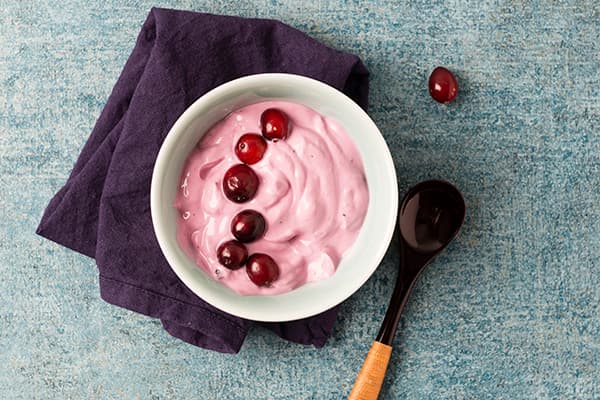
G
C
F
S
O
Ve
Vg
Cranberry Fruit Dip

Ve
Vg
Spicy Hummus

Vg
Mini Snickerdoodles
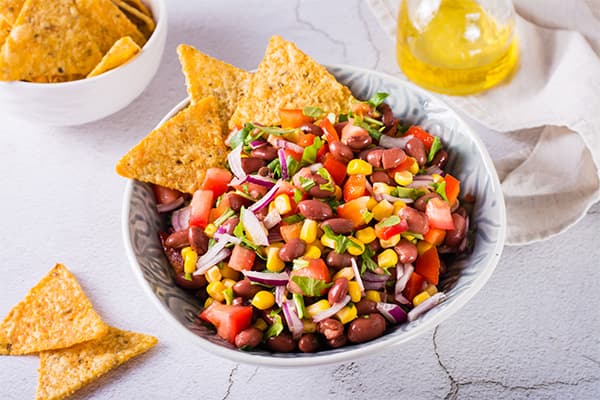
Ve
Vg
Cowboy Caviar
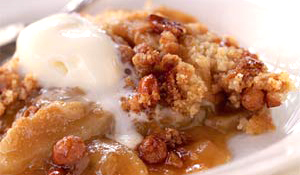
Vg
Apricot & Coconut Crisp
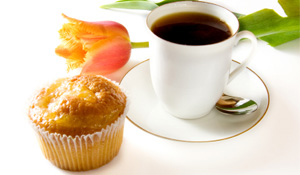
Ve
Vg
Mother's Day Muffins